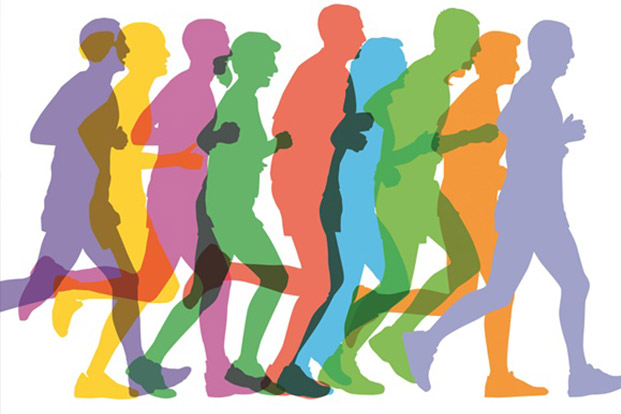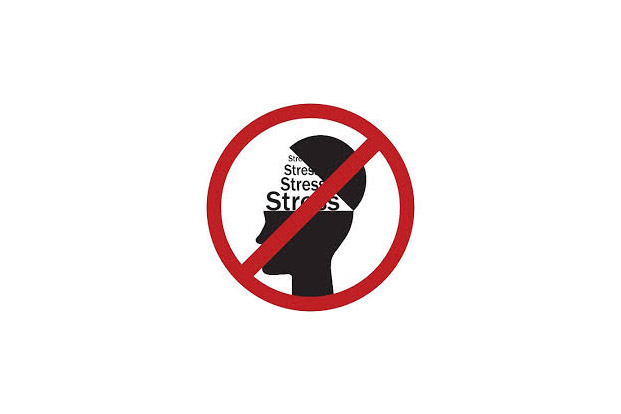Categories
- Bariatric Surgery (11)
- Black Fungus (5)
- Bone Marrow transplant (3)
- Brain Tumor Surgery Navigation Technology (20)
- Cardiac Surgery (66)
- Cardiology (97)
- Computer navigation technology for joint replacements (20)
- Covid Vaccination (17)
- Critical Care (2)
- Dental (19)
- Dermatology (31)
- Dialysis Support Group - “UTSAAH” (11)
- Dietitian (33)
- Emergency Medicine (4)
- Emotional Health (11)
- Endocrinology (33)
- ENT (20)
- Gastroenterology and GI Surgery (53)
- General and Laparoscopic Surgery (21)
- General Surgery (4)
- Gynecology & Obstetrics (183)
- Hematology (20)
- Internal Medicine (294)
- Kidney Transplant (50)
- Kidney Transplantation (20)
- Lung Cancer (8)
- Minimal Invasive Surgery (1)
- Mother & Child (20)
- mucormycosis (5)
- Nephrology (61)
- Neurology (147)
- Neurosurgery (68)
- Nutrition and Dietetics (107)
- Omicron Variant (1)
- Oncology (288)
- Ophthalmology (10)
- Orthopaedics & Joint Replacement (86)
- Paediatrics (59)
- Pediatric Nephrology (3)
- Physiotherapy (5)
- Plastic & Reconstructive Surgery (6)
- Psychiatry and Psychology (90)
- Psychologist (28)
- Pulmonology (72)
- Rheumatology (13)
- Spine Services (21)
- Transradial Angioplasty (16)
- Urology (84)
Query Form
Posted on Apr 19, 2022
How To Manage Stress By Physical Exercise
Stress appears when we feel that we can’t cope with pressure, and it inturn triggers a physiological responses. These changes are best described as the fight or flight response, a hard-wired reaction to perceived threats to our survival. At times of danger, the body’s innate intelligence automatically takes charge by triggering a set of changes that bypass our rational thoughts. Priority is given to all physical functions which provide more power to face an enemy or to flee. During the fight or flight response various hormones are released in response to a shock or a perceived threat that help the individual to cope and survive.
How does the body react to stress?

Ever noticed how your body feels when you’re under stress? Your muscles may be tense, especially in your face, neck, and shoulders, leaving you with back or neck pain, or painful headaches. You may feel a tightness in your chest, a pounding pulse, palpitation, or muscle cramps. You may also experience problems such as insomnia, heartburn, stomachache, diarrhea, or frequent urination. The worry and discomfort of all these physical symptoms can in turn lead to even more stress, creating a vicious cycle between your mind and body.
Exercising is an effective way to break this cycle. As well as releasing endorphins in the brain, physical activity helps to relax the muscles and relieve tension in the body. Since the body and mind are so closely linked, when your body feels better so, too, will your mind.
Exercise and stress:
Everyone knows that regular exercise is good for the body and mind. Regular exercise can have a profoundly positive impact on stress, depression, anxiety, ADHD, and many more. It also improves memory, helps you sleep better, and boosts overall mood. No matter your age or fitness level, you can learn to use exercise as a powerful tool to feel better.
Regular aerobic exercises bring remarkable changes the body and mind. Your renewed vigor and energy will help you succeed in many tasks, and the discipline of regular exercise will help you achieve other important lifestyle goals.
Almost any type of exercise help. Many people find that using large muscle groups in a rhythmic, repetitive fashion works best; call it “muscular meditation,”. Walking and jogging are prime examples. Even a simple 20-minute stroll can clear the mind and reduce stress.
Even without formal meditation and controlled breathing, the gentle muscle stretching of yoga can reduce stress. Simple breathing exercises also help by themselves. Slow, deep, regular breathing is a sign of relaxation. You can learn to control your respirations so they mimic relaxation; the effect, in fact, will be relaxing. Breathe in slowly and deeply, pushing your stomach out so that your diaphragm is put to maximal use.Then hold your breath briefly and then exhale slowly, thinking “relax.” Repeat the entire sequence five to 10 times, concentrating on breathing deeply and slowly. If you find it helpful, consider repeating the exercise four to six times a day — even on good days.Progressive muscle relaxation is also a very effective to reduce stress. Progressive muscle relaxation focuses sequentially on the major muscle groups. Tighten each muscle and maintain the contraction 20 seconds before slowly releasing it. As the muscle relaxes, concentrate on the release of tension and the sensation of relaxation. Start with your facial muscles, then work down the body.



